The integration of Artificial Intelligence (AI) into various industries has sparked discussions about the future of work. While AI holds the potential to revolutionize productivity and efficiency, it is essential to explore which jobs may be impacted first. Let’s delve into this complex landscape with a focus on the potential shifts in employment patterns.
1. Routine and Repetitive Tasks:
As AI excels in automating routine and repetitive tasks, jobs that involve monotonous activities may be the first to experience significant changes. Roles in data entry, basic bookkeeping, and assembly line work could see increased automation.
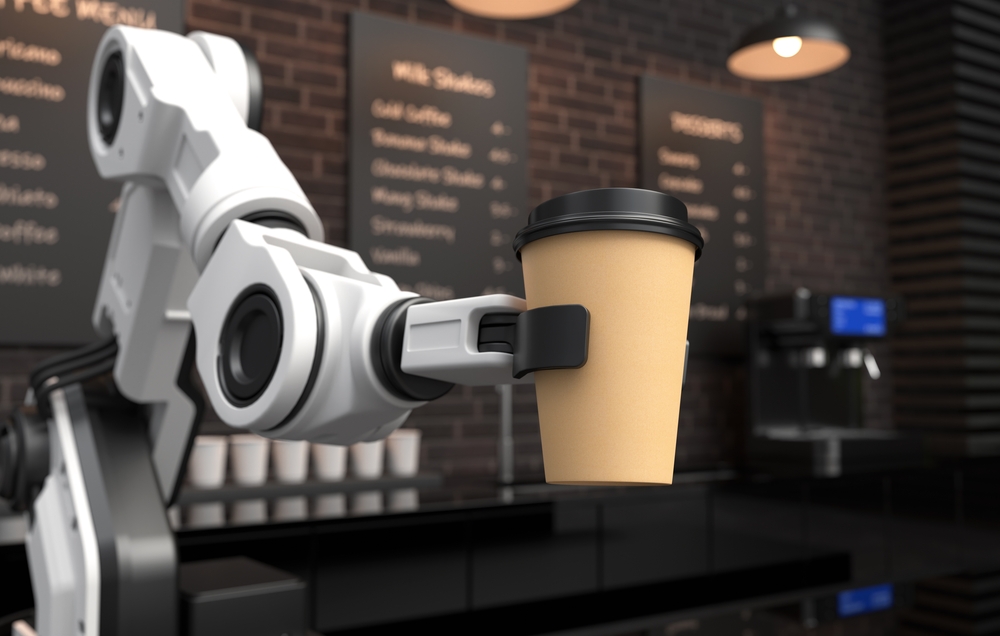
2. Customer Service and Support:
AI-driven chatbots and virtual assistants are already transforming customer service. Routine queries and tasks, such as providing basic information or troubleshooting common issues, may be increasingly handled by AI, allowing human agents to focus on more complex interactions.
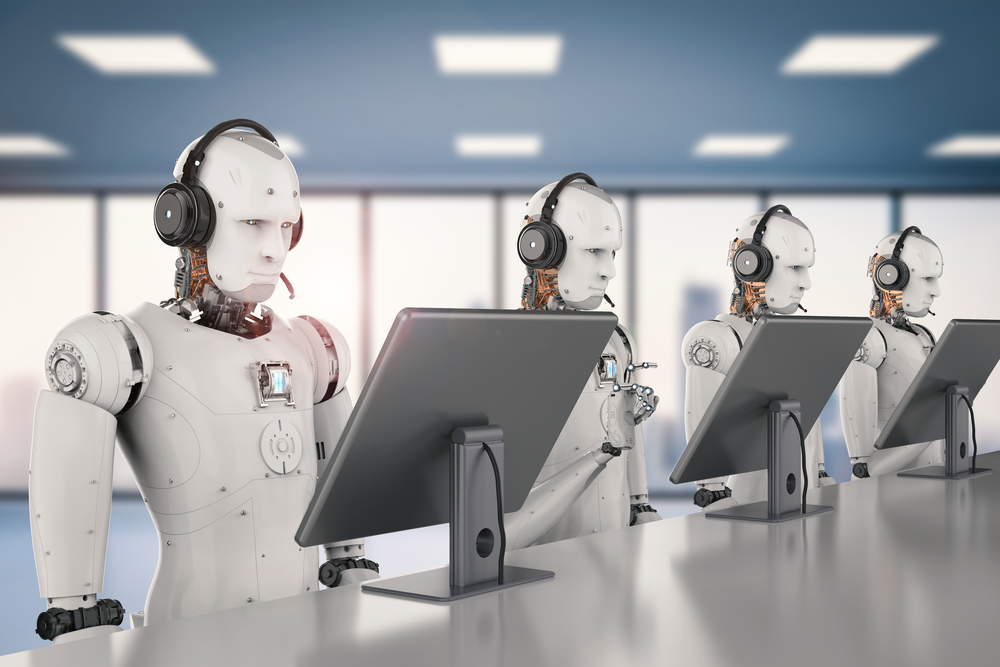
3. Manufacturing and Assembly Line Jobs:
In manufacturing, AI-powered robots are becoming more adept at handling intricate tasks. Jobs involving assembly line operations and quality control may witness a transition as AI-driven systems take over repetitive processes.
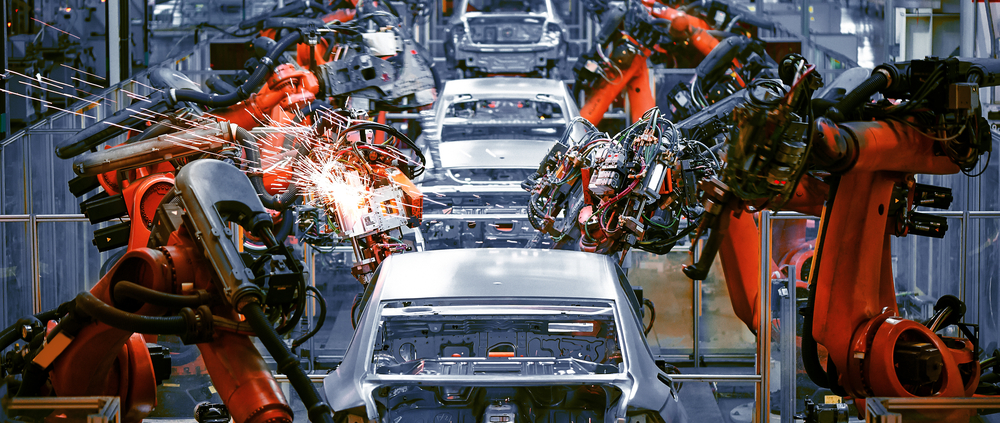
4. Transportation and Delivery Services:
With the advent of autonomous vehicles and drones, there is a potential impact on jobs related to transportation and delivery. Jobs in driving and delivery services could be redefined as AI-driven technologies mature.
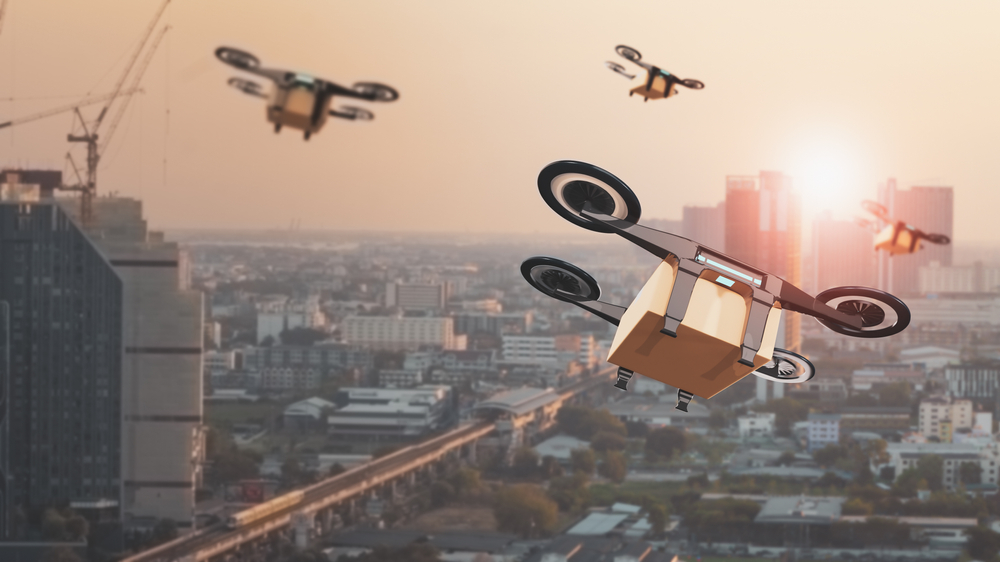
5. Data Analysis and Predictive Analytics:
As AI algorithms improve, routine data analysis and predictive analytics tasks may be streamlined. While AI can process vast datasets swiftly, human expertise will still be crucial for interpreting results and making strategic decisions.
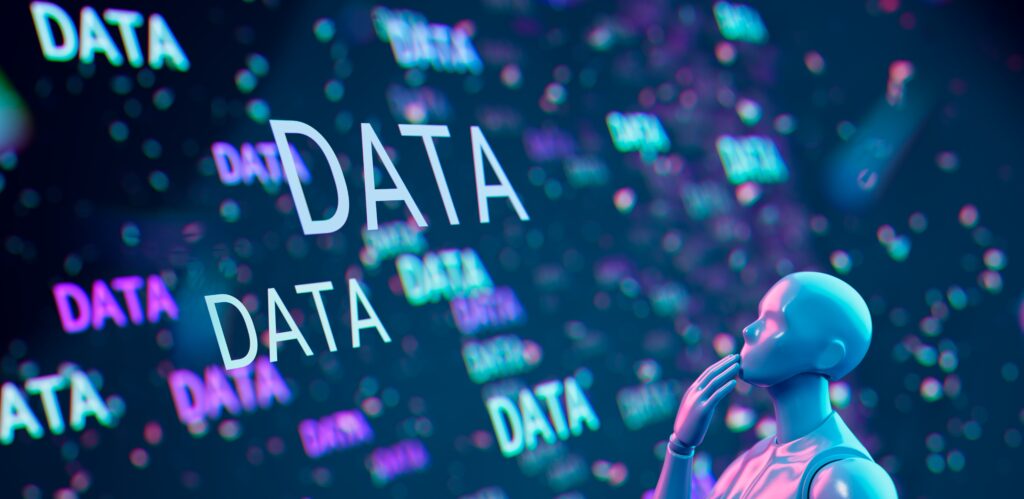
6. Basic Healthcare Diagnostics:
AI applications in healthcare, such as diagnostic algorithms, may impact jobs related to basic diagnostic tasks. While AI can assist in preliminary assessments, healthcare professionals will continue to play a vital role in complex diagnoses and personalized patient care.
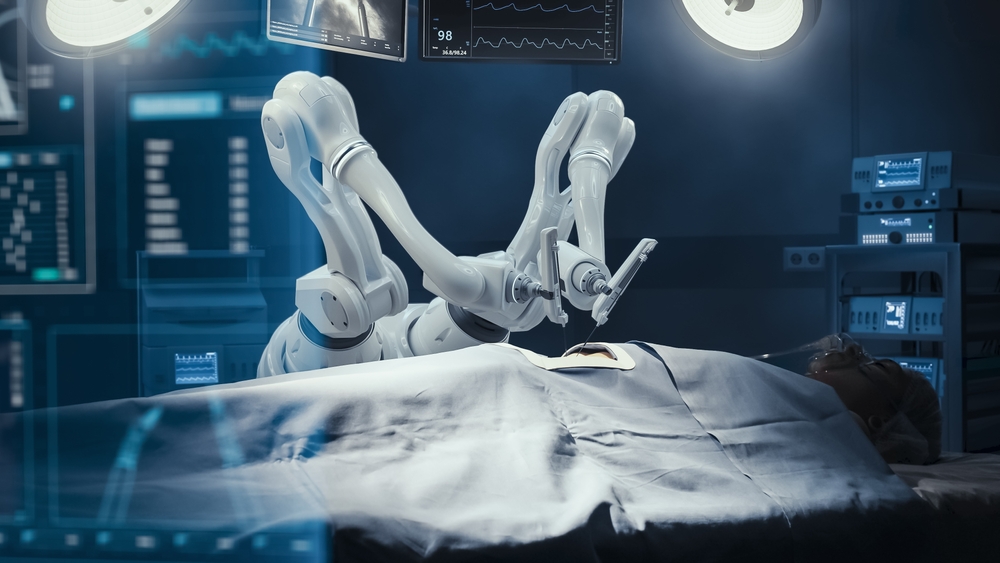
7. Administrative and Clerical Positions:
Administrative roles that involve data organization, scheduling, and record-keeping may be affected by AI. Automation of routine administrative tasks could reshape the nature of these positions.
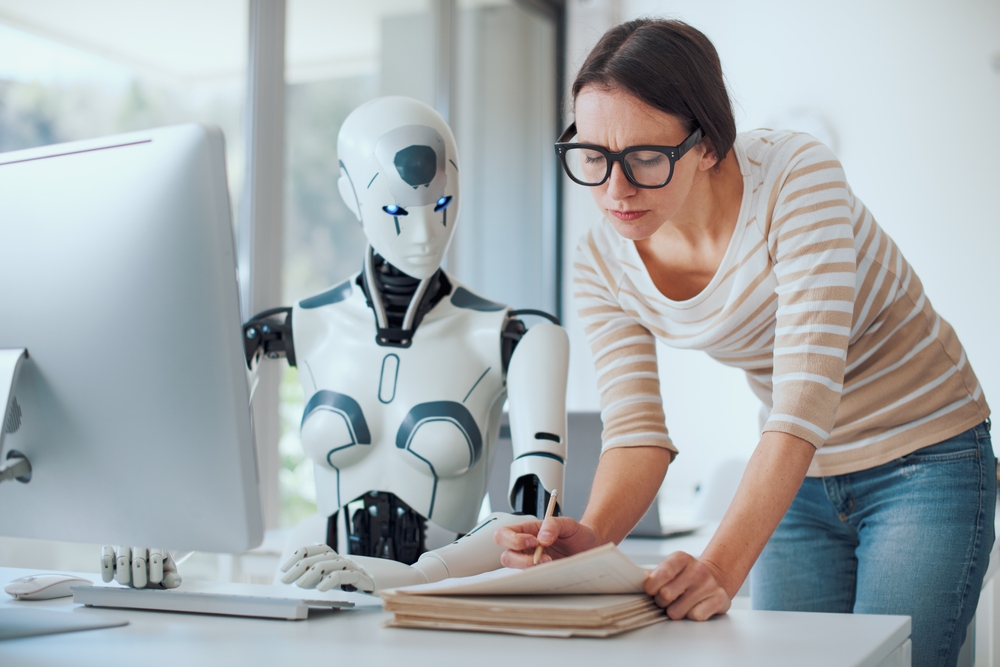
8. Basic Legal Research:
Legal research, especially tasks involving sifting through large volumes of data to identify precedents, may be impacted by AI. This could lead to increased efficiency but may also require legal professionals to focus on more complex and nuanced aspects of the law.
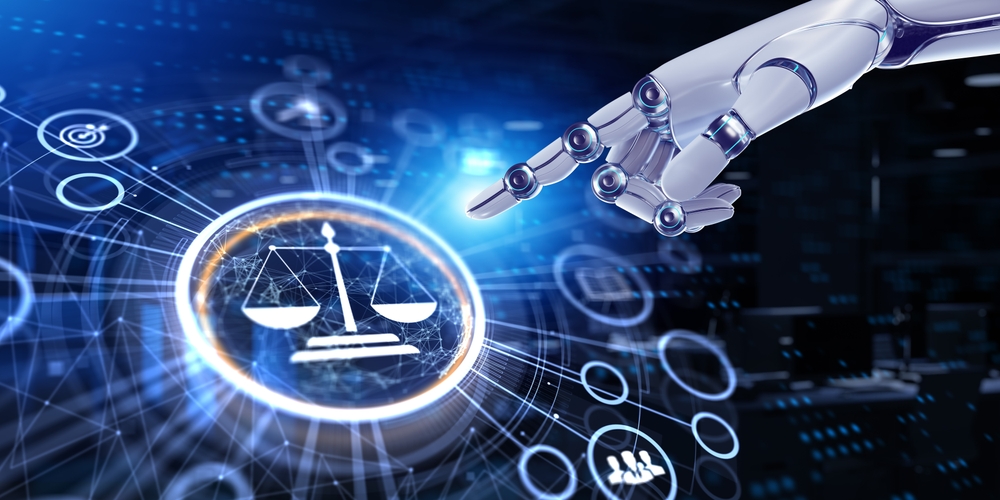
9. Retail and Checkout Processes:
In the retail sector, AI-powered checkout systems and inventory management may reshape traditional roles. Automation in these areas could alter the skill set required for jobs in the retail industry.

10. Agricultural and Harvesting Operations:
AI-driven machinery is increasingly being utilized in agriculture for tasks like planting and harvesting. This shift may impact jobs associated with manual farming activities.

Conclusion: Adapting to a Changing Landscape
While AI has the potential to automate certain tasks, it is crucial to view this transformation as an opportunity for adaptation and upskilling. As certain job functions evolve, new roles that leverage uniquely human skills, such as creativity, critical thinking, and emotional intelligence, will emerge. Navigating this changing landscape requires a proactive approach to education and professional development, ensuring that the workforce is equipped to thrive in a world where AI complements rather than replaces human capabilities.
